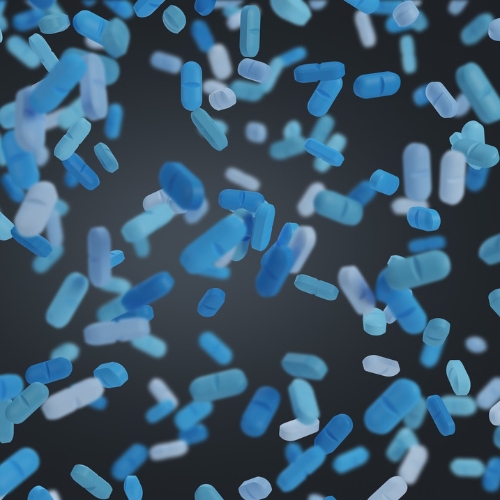Key points from article :
Alpha-ketoglutarate was discovered in 1937 by Krebs and Johnson.
The Krebs cycle is a series of chemical reactions that generates energy via the oxidation of acetate into CO2.
AKG is a naturally occurring endogenous intermediary metabolite - our own bodies create it.
Involved in a number of metabolic and cellular pathways:
- energy donor
- precursor in amino acid production
- cellular signalling
- regulates epigenetic processes, ten-eleven translocation enzymes & speed of the citric acid cycle
Also acts as a nitrogen scavenger preventing nitrogen overload and build-up of excessive ammonia.
2014 study showed that AKG extends the lifespan of adult C. elegans by roughly 50%.
Inhibits ATP synthase - reducing available ATP, decreases oxygen consumption, increases autophagy.
Likely increases lifespan by targeting ATP-2.
AKG does not directly interact with TOR - influences via the inhibition of ATP synthase.
Studies with starving yeast & bacteria, and in humans post-exercise, show elevated AKG levels.





